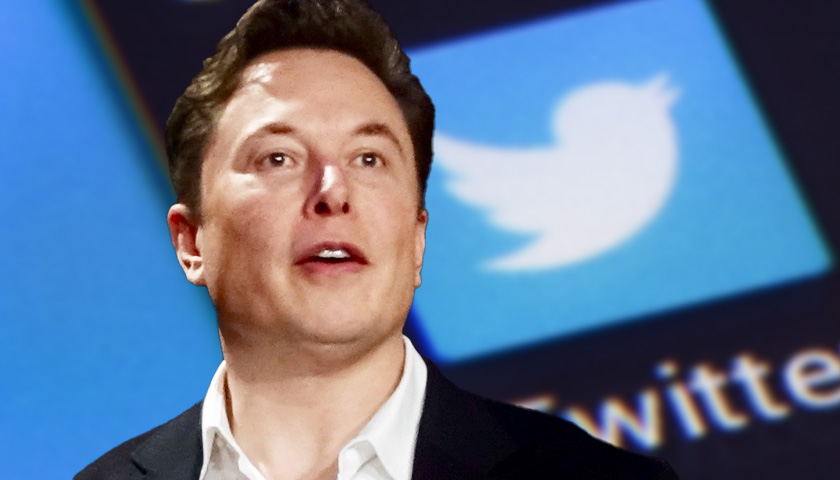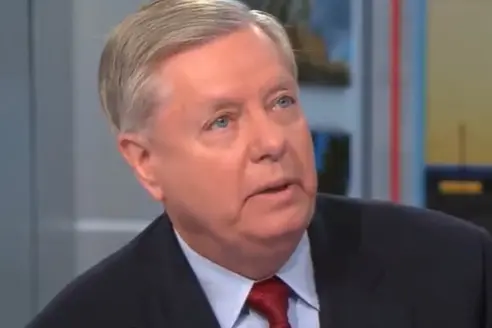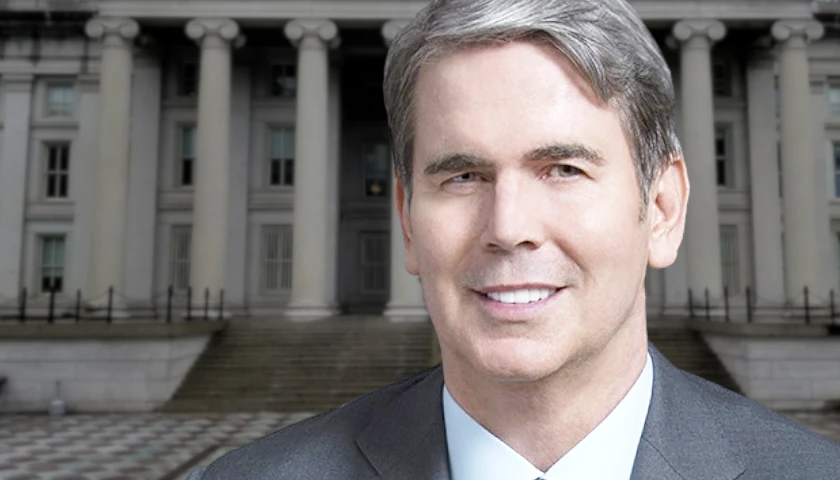by Kalev Leetaru
The reaction among the press and tech communities to Elon Musk’s efforts to purchase Twitter has been nothing short of apocalyptic. A common theme has been that democracy itself would be under threat if unelected billionaire oligarchs controlled what was allowed online. Yet this is precisely how social media works today. The Musk controversy, like the Cambridge Analytica story before it, highlights the real issue: the fight over content moderation is less about online safety and more about who controls the digital public square.
Only a year ago, the media cheered the unilateral decisions by a handful of billionaires to effectively banish then-President Donald Trump from the digital public square. Lawmakers and media outlets alike proclaimed the societal benefits of private companies controlling the digital public square beyond the reach of government. In contrast, the possibility of a libertarian-leaning billionaire like Musk wielding that same power has been presented as nothing short of an attack on democracy itself.
In January, the Washington Post argued that oligarchs banning Trump wasn’t censorship; now it warns of the “risks of social media ownership.” Former Facebook chief security officer Alex Stamos argued, “If you want people to be able to interact, you need to have basic rules” for speech. Former FCC chair Tom Wheeler went further, proposing a “First Amendment-respecting process in which the government doesn’t dictate content but does cause there to be an acceptable behavioral code.” In short, tech billionaires enforcing speech rules that align with Democratic Party priorities is a benefit to society; Republicans or libertarians wielding that same power is a threat.
This double standard has been in place for some time. Consider how it played out a few years ago, in the Cambridge Analytica “scandal” involving the Trump campaign.
After Barack Obama’s 2012 reelection victory, the media had heralded his campaign’s “groundbreaking” “dream team” of “masterminds” that “built a database of every American voter” by mass-harvesting their personal data from Facebook. As a campaign lead later put it, “We ingested the entire U.S. social graph … We would ask permission to basically scrape your profile, and also scrape your friends, basically anything that was available to scrape. We scraped it all.” They even scanned users’ photographs, “looking for who were tagged in photos with you, which was a really great way to dredge up old college friends – and ex-girlfriends” in their attempts to reach voters. These efforts were combined with offline data “showing which [television] channels they were watching, sometimes on a second-by-second basis” in order to build a holistic view of the American electorate. The Obama campaign’s own analytics director later conceded the scale of personal information acquired was “creepy.”
Despite the campaign’s downloading of a measurable fraction of the data Facebook held on the American public, Facebook took no action, allegedly telling campaign staffers that “they allowed us to do things they wouldn’t have allowed someone else to do because they were on our side.”
When Facebook rolled out new policies in 2014 that would limit the ability of future campaigns to replicate the Obama campaign’s mass downloads, media coverage lamented the loss of such a powerful political targeting tool. Concern focused on how future campaigns would be able to construct such detailed voter data, rather than on the privacy and societal implications of mass-harvesting people’s data without their consent. As the 2016 campaign drew to a close, with Hillary Clinton the expected winner, media coverage touted her campaign’s adroit use of mass data harvesting and analysis, while scoffing at the Trump campaign’s apparent failure to incorporate big-data analytics.
All that changed in 2018, when the story broke that Trump’s campaign had almost exactly replicated Obama’s strategy of mass-harvesting Facebook data. Suddenly, the mass download of social media data was a “scandal” involving the “dangerous” “misuse” of “surveillance” technology that “exploited” voters’ privacy and represented a “serious breach of the law.”
How did the work of Obama’s “masterminds” become “misuse” in the hands of Trump’s campaign?
On a technical level, the two campaigns had done exactly the same thing: recruit supporters to allow them to harvest the data of their friends to build a massive database of Americans. The difference, as a Facebook spokesperson later clarified, was that the Trump campaign had acquired the data from a third party – Cambridge Analytica – while the Obama campaign had harvested the data itself. According to the spokesperson, if Trump’s campaign had downloaded the data itself instead of receiving it from Cambridge Analytica, it would not have been in violation of any Facebook policies. Despite demanding that Cambridge Analytica delete all of the Facebook data it had downloaded, a Facebook spokesperson confirmed that the Obama campaign would be allowed to keep all the data it had harvested and continue to use it for future Democratic campaigns because there was nothing wrong with what it had done.
In short, the “scandal” was merely that the Trump campaign had contracted out the data collection instead of using its own staffers to download it. In the eyes of the media, however, Trump’s use of Facebook data had undermined democracy. Across the media, condemnation was swift and furious, with calls for new rules governing the use of social media data for campaigning.
In the end, the battle over Elon Musk controlling Twitter has nothing to do with oligarchs or online safety, just as the Cambridge Analytica controversy had nothing to do with a technical distinction between contractors and employees. Instead, it is merely the latest chapter in the battle over who controls the digital public square – and which political party determines its rules.
– – –
RealClear Media Fellow Kalev Leetaru is a senior fellow at the George Washington University Center for Cyber & Homeland Security. His past roles include fellow in residence at Georgetown University’s Edmund A. Walsh School of Foreign Service and member of the World Economic Forum’s Global Agenda Council on the Future of Government.
Photo “Elon Musk” by Steve Jurvetson. CC BY 2.0.















